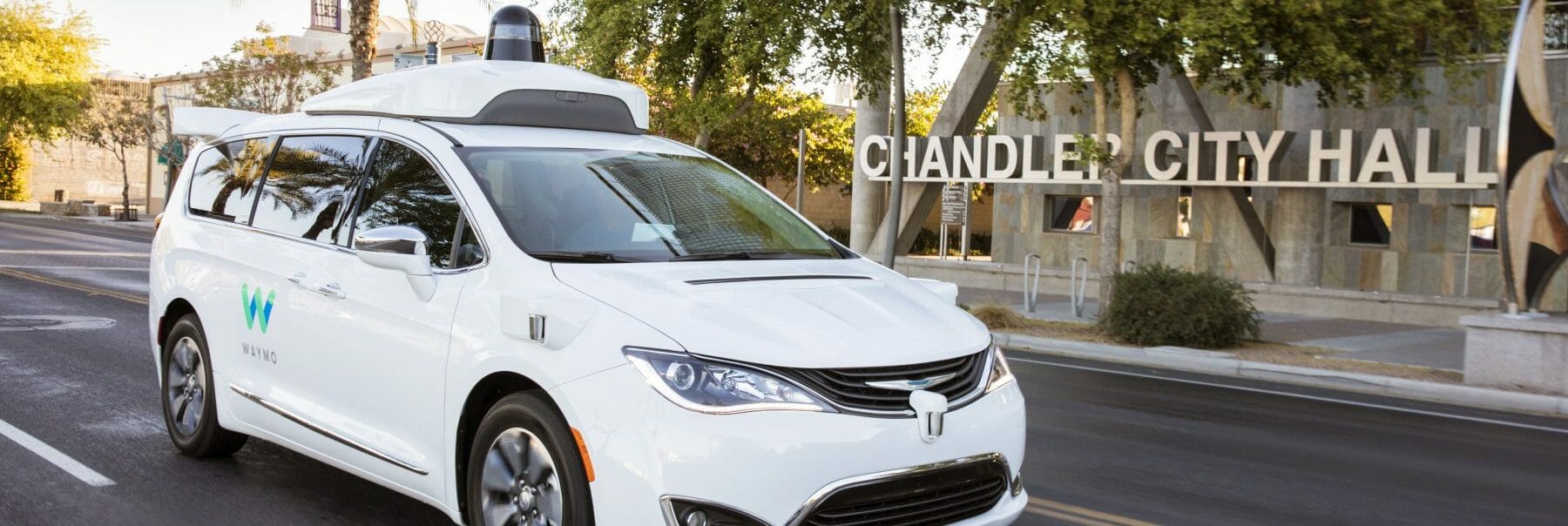
Articles
Higher Education
Industry News
Coursera and the University of Toronto Launch Autonomous Vehicle Specialization
By Cait Etherington
January 30, 2019
Only five years ago, self-driving vehicles appeared to be a pie-in-the-sky futuristic fantasy. By late 2018, the first wave of commercial self-driving vehicles were hitting the road–at least in Phoenix, Arizona where Waymo has rolled out a self-driving taxi service. But while the self-driving vehicle industry continues to grow in leaps and bounds, expertise has failed to keep up with the growing demand. To help fill the growing skill gap, on January 30th, Coursera announced plans to offer a Self-Driving Vehicle Specialization in partnership with the University of Toronto.
The Coursera-University of Toronto Self-Driving Vehicle Specialization
According to one estimate, there will be over 20 million autonomous vehicles on the road by the end of the next decade. Today, however, anyone seeking to train to work in the self-driving vehicle industry won’t find many options. Research and development has been largely confined to the private sector. Few university engineering programs even offer courses on self-driving vehicles. In fact, one of the only self-driving vehicle training programs currently available is Udacity’s Self-Driving Car Nanodegree, which launched in 2017. The Coursera-University of Toronto Self-Driving Vehicle Specialization is well positioned to provide direct competition for Udacity’s program and to further democratize access to knowledge about self-driving vehicles as the field continues to grow.
In a press release issued on January 30, Coursera shared details of its innovative new program. The program has been designed and will be taught by Professor Steven Waslander and Professor Jonathan Kelly. Waslander and Kelly are both faculty at the University of Toronto and collectively have deep experience in the autonomous robotics field.
The courses comprising the new program aim to equip learners with the knowledge needed to assemble the full software stack required to define the operations of autonomous vehicles. In addition, critical aspects of self-driving car development will be covered such as processing real-time data from sensors, estimating a vehicle’s location, and issuing commands for vehicle control. As an added bonus, students who complete the course will have an opportunity to drive a virtual vehicle around a simulated racetrack.
Are Autonomous Vehicles Safer?
Although autonomous vehicles may still be in their early stages of development, they have already come under attack. In Chandler, Arizona where Waymo has been testing autonomous vehicles since 2017, these attacks have sometimes even taken a physical form. In 2018, local residents grew angry enough to start physically attacking Waymo’s driverless vehicles–for example, by sneaking up to slash the vehicles’ tires. If Chandler residents are fed up, it is not without reason. The Waymo vehicles have been involved in several crashes since they hit the road in 2017. In addition, some parents worry the vehicles pose a threat to their children’s safety.
Despite the standoff between Waymo and the residents of Chandler, many engineers believe that autonomous vehicles actually hold the potential to make roads safer. As Kelly explains, “Self-driving cars have the potential to increase road safety, lead to more efficient use of roadways and vehicles and even reduce pollution.” Yet, even Kelly admits, “I think you’d be hard-pressed to find a more challenging engineering problem than designing robust self-driving cars. But that challenge is very exciting. It forces us to think about new ways of doing things. And the more people we have doing it, the greater our chances of success.”
Unlike some Coursera programs, their new Self-Driving Vehicle Specialization is designed for students with at least some background in engineering, including those who are currently in the process of completing a bachelor’s degree in the field. Anyone who is qualified and up for the challenge, can learn more about Coursera’s new Self-Driving Car Specialization on the Coursera website.
Image courtesy of Waymo.









There’s tons of great cannabis training opportunities available, as this industry is rapidly growing there needs to be local training resources as well as online eLearning solutions to support the individual business. It’ll be exciting to see this industry develop, check out more: https://www.GreenCulturED.co